About the Editor
Nathalie Vienne-Guerrin is Professor of Early Modern English Literature at the University of Montpellier III-Paul Valry (France) and a member of the IRCL, Institut de Recherche sur la Renaissance, lge Classique et les Lumires (UMR 5186, CNRS). She has published a number of articles on insults, the evil tongue and the war of tongues in Shakespeares plays. She co-edited, with Claire Gheeraert-Graffeuille, Autour du Songe dune nuit dt (PUR, 2003). She is co-founder and co-editor, with Sarah Hatchuel, of the Shakespeare on Screen series published by the Publications des Universits de Rouen et du Havre: Shakespeare on Screen: A Midsummer Nights Dream (2004), Shakespeare on Screen: Richard III (2005), Television Shakespeare: Essays in honour of Michle Willems (2008), Shakespeare on Screen: The Henriad (2008), Shakespeare on Screen: The Roman Plays (2009), Shakespeare on Screen : Hamlet (2011). She is co-general editor, with Jean-Christophe Mayer, of Cahiers lisabthains .
The Unruly Tongue in Early Modern England
Published by Fairleigh Dickinson University Press
Co-published with The Rowman & Littlefield Publishing Group, Inc.
4501 Forbes Boulevard, Suite 200, Lanham, Maryland 20706
www.rowman.com
10 Thornbury Road, Plymouth PL6 7PP, United Kingdom
Copyright 2012 by Nathalie Vienne-Guerrin
All rights reserved. No part of this book may be reproduced in any form or by any electronic or mechanical means, including information storage and retrieval systems, without written permission from the publisher, except by a reviewer who may quote passages in a review.
British Library Cataloguing in Publication Information Available
Library of Congress Cataloging-in-Publication Data
Vienne-Guerrin, Nathalie.
The unruly tongue in early modern England : three treatises / Nathalie Vienne-Guerrin.
p. cm.
ISBN 978-1-61147-469-5 (cloth : alk. paper) ISBN 978-1-61147-470-1 (electronic)
1. English literatureEarly modern, 1500-1700History and criticism. 2. English languageObscene wordsHistory. 3. SwearingEarly works to 1800. 4. Blessing and cursingEarly works to 1800. I. Marconville, Jean de. Treatise of the good and evell tounge. II. Perkins, William, 1558-1602. Direction for the government of the tongue according to Gods worde. III. Webbe, George, 1581-1642. Araignement of an unruly tongue. IV. Title.
PR421.V54 2012
| 824'.3080353dc23 | 2011034548
|
 The paper used in this publication meets the minimum requirements of American National Standard for Information SciencesPermanence of Paper for Printed Library Materials, ANSI/NISO Z39.48-1992.
The paper used in this publication meets the minimum requirements of American National Standard for Information SciencesPermanence of Paper for Printed Library Materials, ANSI/NISO Z39.48-1992.
Printed in the United States of America
The Unruly Tongue in Early Modern England
Three Treatises
Jean de MARCONVILLE, translation, with a foreword by T. S
A Treatise of the Good and Evell Tounge . London. ca. 1592.
William PERKINS
A Direction for the Government of the Tongue according to Gods worde , Printed by John Legate, Printer to the Universitie of Cambridge. 1595 [1593].
George WEBBE
The Araignement of an unruly Tongue . London. 1619.
To my wonderful family
Acknowledgments
I started this work in Rouen; I finish it in Montpellier.
I wish to warmly thank all the people who, at one stage or another, in one way or another, from Rouen to Montpellier, across France and beyond, have helped me in this work: Maxime Angot, Catherine Baroin, Sylvaine Bataille, Dominique Briquel, Emily Butterworth, Richard A. Carr, Alain Christol, Stuart Clark, Emmanuel Dupraz, Jean Duverger, Tony Gheeraert, Claire Gheeraert-Graffeuille, Sarah Hatchuel, Richard Hillman, Carol Iancu, Pierre Iselin, Harry Keyishian, Nabaouia Lamoubariki, Evelyne Larguche, Franois Laroque, Jacques Leclaire, Marie-Madeleine Martinet, Donald K. McKim, Kevin de Ornellas, Patricia Parker, Genevive Vienne, Laurence Villard, and Anne-Lise Worms.
I would like to thank all the librarians who have patiently helped me, notably those who work at the British Library, Bodleian Library, Cambridge University Library, Huntington Library, Glasgow University Library, Pennsylvania State University Libraries, Bibliothque municipale de Rouen, and Bibliothque Nationale de France.
I wish to thank my friends and colleagues of the University of Montpellier III Paul-Valry for their help and support, notably Paula Barros, Ins Kirschleger, Jean-Marie Maguin, Yves Peyr, Jean-Pierre Schandeler, and Janice Valls-Russell, all members of the IRCL, Institut de Recherche sur la Renaissance, lge Classique et les Lumires (UMR 5186 CNRS). As director of the IRCL, I am in a position to measure just how much support and help such a valuable and demanding scientific environment provides.
Finally, I wish to thank my dear friend Sarah Hatchuel for her constant support, my dear husband for his help, and my dear children for their patience.
List of Illustrations
Plates 1a and 1b. Claude Paradin, Herocal Devises (1591), 137138, Qu tendis? Reproduced with the permission of Rare Books and Manuscripts, Special Collections Library, Pennsylvania State University Libraries.
Plate 2. Claude Paradins Devises Hroques (1557), 163, Sic praedae patet esca sui. Reproduced by permission of University of Glasgow Library, Special Collections.
Plates 3a and 3b. Claude Paradin, Herocal Devises (1591), 207, 158, Sic praedae patet esca sui. Reproduced with the permission of Rare Books and Manuscripts, Special Collections Library, Pennsylvania State University Libraries.
Plate 4. Geffrey Whitney, A Choice of Emblemes (1586), 160 Bilingues Cavendi. Reproduced with the permission of Rare Books and Manuscripts, Special Collections Library, Pennsylvania State University Libraries.
Plate 5. Gilles Corrozet, Hecatomgraphie (Paris, Denis Janot, 1540), Doulce parole rompt ire. Reproduced by permission of University of Glasgow Library, Special Collections.
Plate 6. Guillaume de la Perrires, Morosophie (Lyons, Mac Bonhomme, 1553), Tetrastichon 16. Reproduced by permission of University of Glasgow Library, Special Collections.
Plate 7. George Wither, A Collection of Emblemes (1635), Book 1, 42, Lingua Qu tendis? ( No Heart can thinke, to what strange ends, The Tongues unruely Motion tends). Reproduced with the permission of Rare Books and Manuscripts, Special Collections Library, Pennsylvania State University Libraries.
Plate 8. Junius Hadrianus, Les Emblesmes (Antwerp, Christophe Plantin, 1567). Reproduced by permission of University of Glasgow Library, Special Collections.
Plate 9. Guillaume de la Perrire, Theatre des bons engins (Paris, Denis Janot, 1544), LXXIII. Reproduced by permission of University of Glasgow Library, Special Collections.
Plate 10. Claude Paradin, Devises Hroques (Lyons, Jean de Tournes and Guillaume Gazeau, 1557), 146, Hac illac perfluo. Reproduced by permission of University of Glasgow Library, Special Collections.
Plate 11. Pierre Cousteau, Le Pegme (Lyons, 1560), 144. Reproduced by permission of University of Glasgow Library, Special Collections.
Plate 12. Geffrey Whitney, A Choice of Emblemes (1586), 94, Invidia descriptio. Reproduced with the permission of Rare Books and Manuscripts, Special Collections Library, Pennsylvania State University Libraries.
Plate 13. Guillaume de la Perrire, Theatre des bons engins (Paris, Denis Janot, 1544), XCIIII. Reproduced by permission of University of Glasgow Library, Special Collections.
Plate 14. Guillaume de la Perrire, Theatre des bons engins (Paris, Denis Janot, 1544), XLV. Reproduced by permission of University of Glasgow Library, Special Collections.
Plate 15. Claude Paradin, Devises Hroques (1557), 84, Transfundit pasta venenum. Reproduced by permission of University of Glasgow Library, Special Collections.


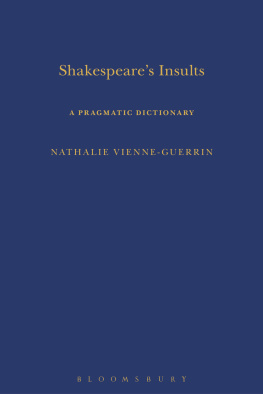
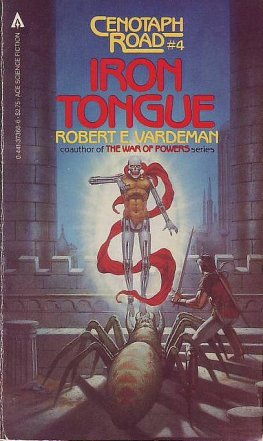

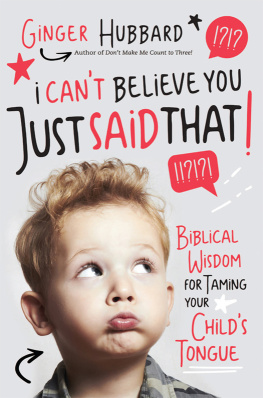
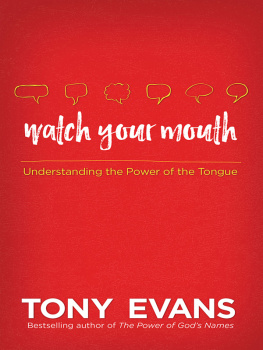



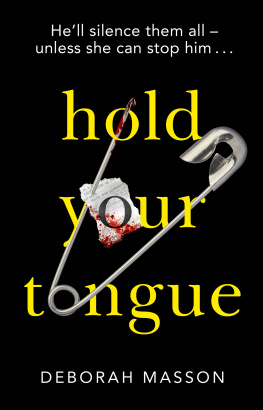
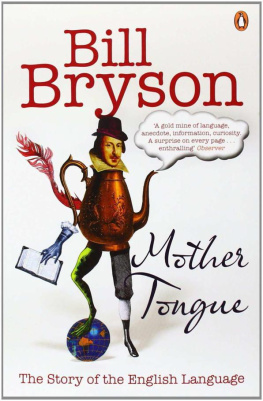
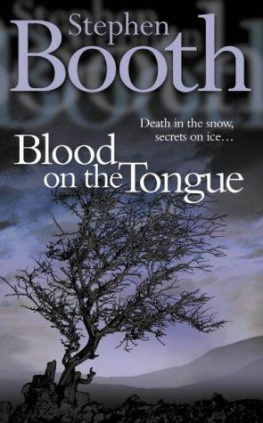
 The paper used in this publication meets the minimum requirements of American National Standard for Information SciencesPermanence of Paper for Printed Library Materials, ANSI/NISO Z39.48-1992.
The paper used in this publication meets the minimum requirements of American National Standard for Information SciencesPermanence of Paper for Printed Library Materials, ANSI/NISO Z39.48-1992.